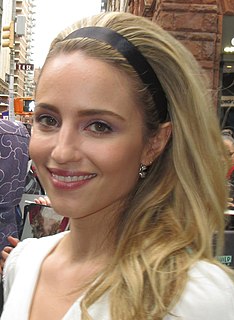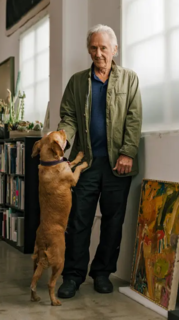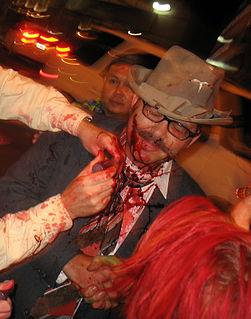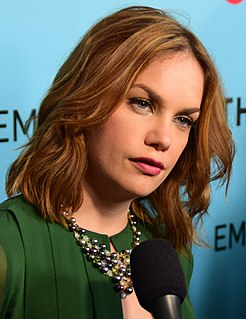A Quote by Albert Brooks
As an actor, if you're just sitting and staring and you don't know who you are in your own mind, it's vacant. And sometimes the camera is an X-ray machine, it can pick it up.
Related Quotes
I will waste an extraordinary amount of time, you know. And if it's not watching television, I'll be sitting staring out of the window. And yes, I know there's the idea of the artist, sitting there doing nothing while things are going on, but actually, no. It's vacant space. I'm thinking about the laundry.
If I'm traveling, I'll take a film camera and a digital camera because sometimes there are moments where, if you've lost it, or if coming back and it accidentally goes through the X-ray machine and it gets overexposed, you might have had a really important moment to you and you would be really upset that you didn't have a back-up.
I think early on it's important to put that at the back of your mind and make your own choices. Sometimes you do pick the same choices, just as a matter of course - not because someone else did it first, but because it was the best choice to make. But any actor worth his salt makes something their own.
Basically, if you shoot your own stuff, you can just pick up a camera and some wireless microphones, grab a couple of LEDs, and you're off and running. And if you don't shoot your own stuff, you can just grab one other person to do camera and you can learn how to do the sound, and you're off and running.
It is totally different making films in the East than in the West. In the East, I make my own Jackie Chan films, and it's like my family. Sometimes I pick up the camera because I choreograph all the fighting scenes, even when I'm not fighting. I don't have my own chair. I just sit on the set with everybody.
The next time you pick up a camera think of it not as an inflexible and automated robot, but as a flexible instrument which you must understand to properly use. An electronic and optical miracle creates nothing on its own! Whatever beauty and excitement it can represent exist in your mind and spirit to begin with.
We all have to pick our battles. You've got to draw a line in the sand and stand firm. And it's this squishiness that's really the enemy, like, "Well, I don't know, it's kind of OK but I kind of feel guilty, and I kind of want a bran muffin, I don't know, and I'm wearing a vest; it's crocheted." Shut up. Just pick your battle and just stand there, and whatever you are going to do, own it.
The camera has a mind of its own--its own point of view. Then the human bearer of time stumbles into the camera's gaze--the camera's domain of pristine space hitherto untraversed is now contaminated by human temporality. Intrusion occurs, but the camera remains transfixed by its object. It doesn't care. The camera has no human fears.




































